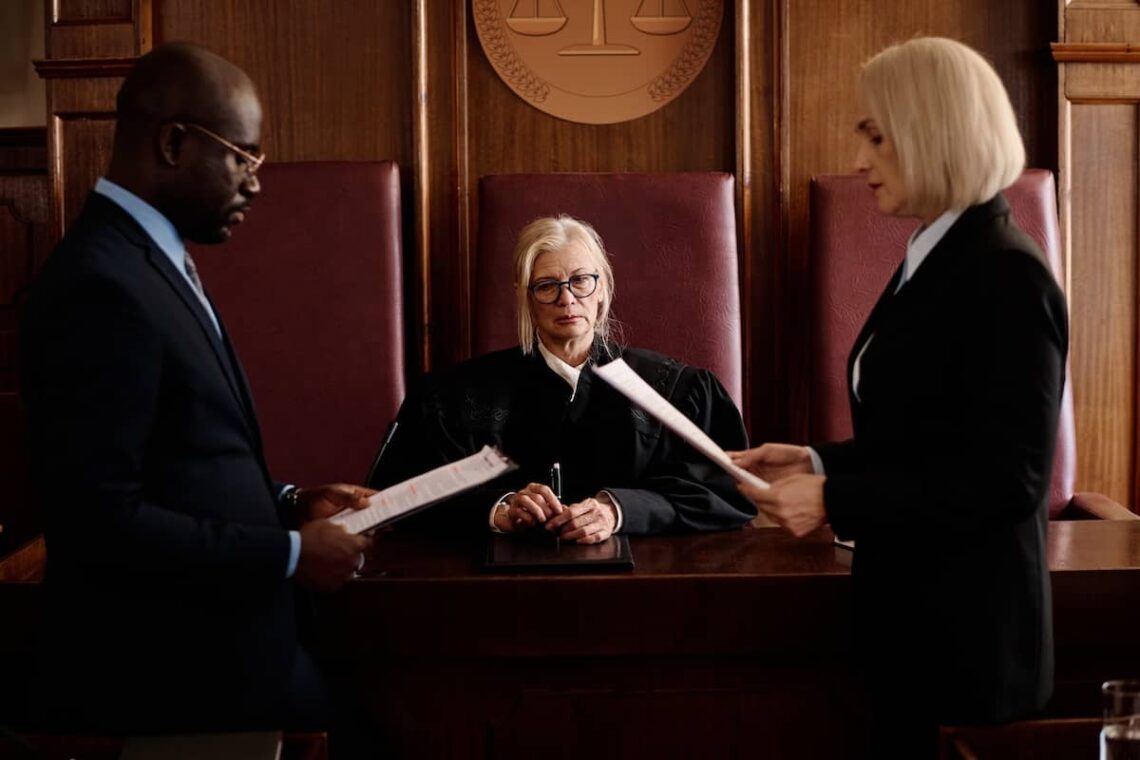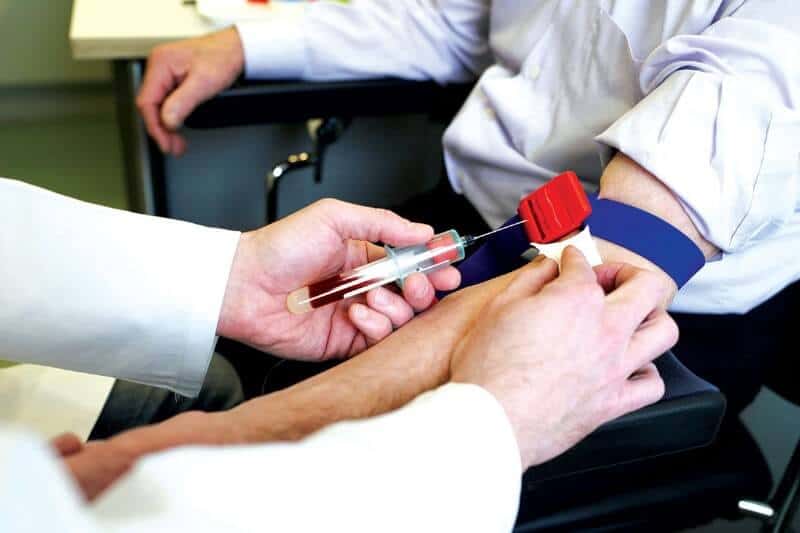If you’re facing serious charges, hiring a felony DWI attorney could be the most critical decision you ever make. Unlike a misdemeanor DWI, a felony DWI carries far more severe consequences—longer jail time, steeper fines, mandatory treatment programs, and long-term damage to your reputation and future. It’s not just a traffic offense anymore; it’s a full-blown criminal case. But here’s the good news: with the right felony DWI attorney by your side, there are smart ways to defend your rights, reduce charges, and sometimes even avoid the harshest penalties altogether.
In this article, we’ll explore what leads to a felony DWI, how a felony DWI attorney builds a defense, and what real clients have experienced. This is not just a legal guide—it’s a practical, story-driven roadmap that helps you understand how the justice system handles these cases, and how to avoid becoming just another case number.

What Makes a DWI a Felony?
Understanding what elevates a regular DWI to a felony is the first step. A felony DWI attorney can explain the nuances of your state’s laws, but generally speaking, a DWI becomes a felony under a few common circumstances.
Common Reasons for Felony DWI Charges
- Third or Subsequent Offense: If you’ve had two prior DWI convictions, the third is typically charged as a felony.
- Injury or Death: Causing serious bodily injury or death while driving under the influence automatically raises the stakes to a felony.
- Child Passenger: Driving intoxicated with a minor (usually under 15) in the vehicle can lead to felony charges.
- Driving with a Suspended or Revoked License: If your license was previously revoked due to another DWI, getting caught again often leads to felony prosecution.
A felony DWI attorney knows that the stakes are different here. We’re talking about prison—not just jail—and a permanent criminal record that won’t go away with time.
Real-Life Story: The Third Strike
Take, for instance, Mike’s case. He was a 45-year-old contractor from San Antonio who had two prior DWIs from his twenties. After a night out celebrating a friend’s birthday, he was pulled over. His BAC was 0.12%. It wasn’t outrageously high, but because this was his third offense, he was arrested on a felony charge.
He had a lot to lose: a small business, a teenage son, and a house he was still paying off. Hiring a felony DWI attorney wasn’t optional—it was necessary. His lawyer challenged the validity of the stop and the way the breathalyzer had been administered. In the end, Mike took a plea deal that reduced the felony to a Class A misdemeanor, allowing him to avoid prison and keep his business alive.
Penalties That Come with a Felony DWI
The penalties for a felony DWI are life-changing. A qualified felony DWI attorney will explain each possible consequence, but here’s a breakdown of what you might be facing if convicted.
Criminal Penalties
- Prison Time: From 2 years to 10 years in a state facility depending on the state and circumstances.
- Fines: Up to $10,000 in many states, plus court fees, probation fees, and surcharges.
- Probation: Lengthy supervision with strict conditions—frequent check-ins, drug and alcohol testing, and curfews.
- Felony Record: A conviction that can follow you for life, affecting everything from jobs to housing to immigration status.
Administrative Penalties
- License Suspension or Revocation: Often mandatory, sometimes for several years.
- Ignition Interlock Device: Required in most felony DWI cases before you can legally drive again.
- Mandatory Rehab or DUI School: You may be ordered to complete a substance abuse program at your expense.
Your felony DWI attorney will review the evidence and tailor a defense strategy that aims to reduce or eliminate these penalties—but only if they’re brought in early enough.
How a Felony DWI Attorney Builds Your Defense
A good defense isn’t built overnight. A skilled felony DWI attorney takes time to review police reports, interview witnesses, examine breathalyzer records, and cross-check everything for inconsistencies. Here are some ways attorneys defend felony DWI charges.
Challenging the Traffic Stop
Police need probable cause to stop your vehicle. If your attorney can prove the officer lacked justification, any evidence gathered afterward—like a failed breath test—may be thrown out.
Questioning Test Accuracy
Breath and blood tests are prone to errors. Your felony DWI attorney can investigate whether the equipment was properly calibrated or whether medical conditions (like diabetes or GERD) skewed the results.
Attacking Chain of Custody
If your blood was drawn for testing, it must follow a strict chain of custody. Any mishandling could render the results inadmissible in court.

Showing No Intent or Recklessness
In felony cases involving injury or death, prosecutors must show that your intoxication caused the accident. A good defense attorney might bring in experts to show that road conditions or the other driver contributed.
Real Case: Felony Reduced to Misdemeanor
Jessica, a 38-year-old single mom, was arrested after a minor crash that injured her passenger. She had taken prescription sleep medication and mistakenly thought she was okay to drive. Initially charged with a felony DWI causing injury, her felony DWI attorney dug into the toxicology report and found inconsistencies. She ultimately pled to a misdemeanor with probation and no jail time.
What to Look for in a Felony DWI Attorney
Choosing the right felony DWI attorney can mean the difference between a prison sentence and a second chance. Here’s what to consider when hiring one.
Specialization
Make sure the attorney focuses specifically on DWI or criminal defense. A general practice lawyer won’t have the same depth of knowledge or relationships with local prosecutors and judges.
Experience with Felony Cases
Not all DWI lawyers are equipped to handle felonies. Ask about their track record with similar cases, and don’t be afraid to request references or case results.
Courtroom Confidence
Felony cases often go to trial, so you want an attorney who isn’t afraid of the courtroom. Look for someone with strong trial experience, not just plea deal negotiation.
Availability and Communication
You need a lawyer who will return calls, explain things clearly, and involve you in the strategy. If they seem too busy or distracted, keep looking.
How to Avoid Felony DWI Consequences
While hiring a felony DWI attorney is crucial once you’re charged, avoiding felony-level consequences begins with prevention and smart decision-making. But even after an arrest, there are ways to minimize the damage.
Take the Right Steps Immediately
- Don’t Speak Without an Attorney: Anything you say can be used against you.
- Request an Independent Test: Especially if you think the breathalyzer was wrong.
- Document Everything: From what you ate to when you last slept—details can matter.
- Comply With All Conditions: If you’re released on bond, follow every condition set by the court.
Consider Treatment or Counseling Voluntarily
Judges often show leniency to those who take proactive steps toward rehabilitation. Attending alcohol counseling, AA meetings, or enrolling in a treatment program can help in negotiations and at sentencing.
:max_bytes(150000):strip_icc()/diverse-people-sit-in-circle-and-brainstorm-ideas-1163038341-c0805b192d7f42a4b82fbf93b1b97d4e.jpg)
Cooperate—but Know Your Rights
Being cooperative doesn’t mean giving up your rights. Work with your felony DWI attorney to strike the right balance. Polite compliance with the court and law enforcement shows maturity, but you should never plead guilty or accept a deal without legal review.
The Long-Term Impact of a Felony DWI Conviction
If convicted, the consequences extend far beyond the courtroom. Here’s how a felony DWI affects your life:
Employment
Most employers run background checks. A felony conviction can disqualify you from government jobs, professional licenses, and many private-sector roles.
Housing
Landlords frequently reject applicants with felony records. That’s especially true for those with offenses involving drugs or alcohol.
Child Custody
Family courts consider criminal records in custody decisions. A felony DWI could be used against you in a custody battle.
Immigration
For non-citizens, a felony DWI can lead to deportation or denial of visa renewals and green card applications.
Your felony DWI attorney may not be able to erase the offense, but they can reduce the damage if they act fast and build a strong case.
Expungement: Can You Clear a Felony DWI?
Unfortunately, most felony DWI convictions are not eligible for expungement or record sealing, especially in states like Texas. The law considers these offenses too severe to be wiped from your record in most cases, which makes early legal action even more important.
However, some exceptions may apply if the case was dismissed or reduced. In those instances, timely action and proper legal guidance become your best shot at clearing your name and moving forward.
If you’re found not guilty or your case gets thrown out, your felony DWI attorney can file for expunction—a legal process that erases the arrest and charge from your record. This step restores your background to a clean slate, shielding you from the long-term impact of a criminal accusation.
This is one reason why aggressively fighting your case matters, even if you think the odds are against you. The possibility of a clean record is often worth every ounce of strategic effort and legal precision your attorney can bring to the table.
Final Thoughts: Your Defense Starts with the Right Attorney
The legal consequences of a felony DWI are serious—but they don’t have to define your future. A smart, experienced felony DWI attorney can protect your rights, fight the evidence, and often negotiate a better outcome than you’d get on your own.
No one plans to get charged with a felony DWI. But once it happens, your response determines everything. From the moment of arrest, every decision counts—from what you say, to whom you call, to which lawyer you hire.
If you’re facing this situation, don’t wait. Find a felony DWI attorney who understands the system, knows the local courts, and is ready to fight for you. The sooner you act, the more options you’ll have—and the better chance you have of turning a crisis into a comeback.


